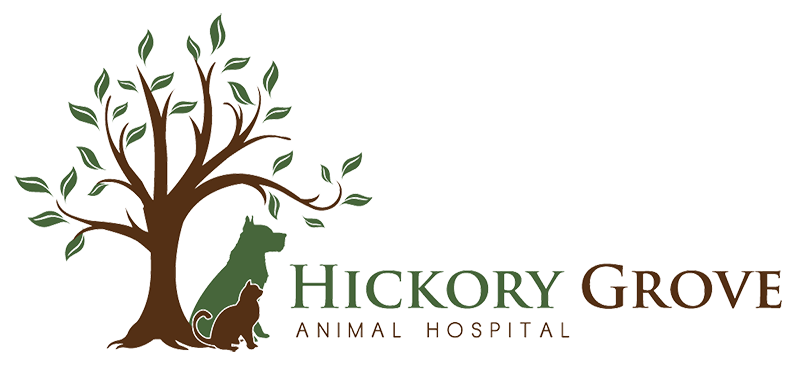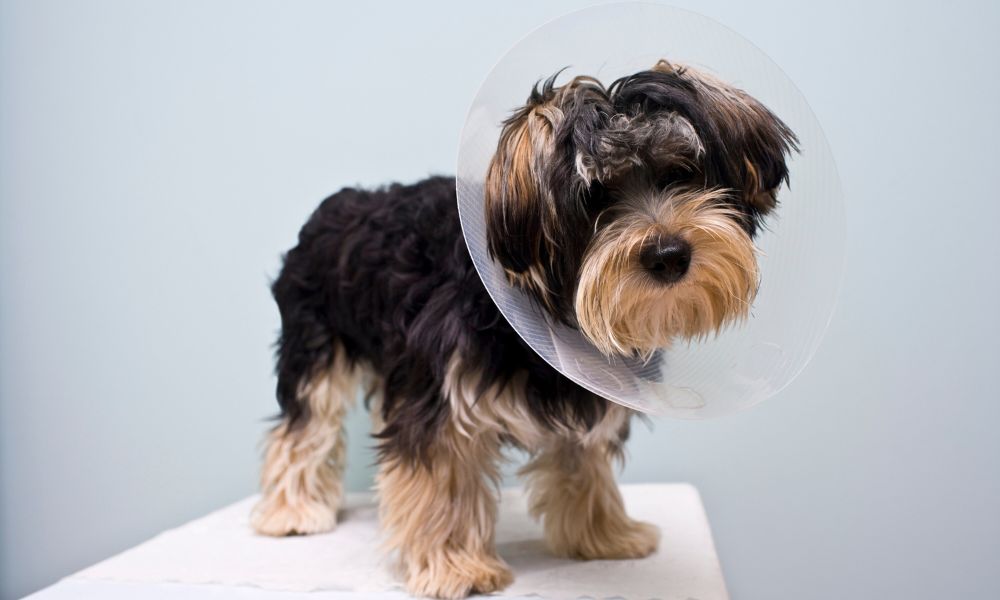Pet Spay and Neuter in Charlotte, NC
Pet spaying and neutering are important decisions for every pet owner. These procedures not only help prevent unwanted litters but also offer significant health and behavioral benefits for your pet. If you are considering pet spaying and neutering in Charlotte, NC, our team is here to guide you through the process and help you make an informed decision to positively impact your pet’s health.
Benefits of Spaying and Neutering
Spaying and neutering are standard surgical procedures that involve sterilizing pets to prevent reproduction. Spaying refers to removing a female pet’s ovaries, fallopian tubes, and uterus, while neutering is the procedure for male pets that removes the testicles. While these surgeries are often associated with preventing unwanted litters, they also provide several health and behavioral benefits.
For Male Pets, Neutering Helps:
- Reduce Aggression: Neutering can lead to calmer behavior and reduced territorial aggression.
- Minimize Roaming: Neutered pets are less likely to roam in search of a mate.
- Prevent Marking: Neutering eliminates or reduces territorial marking with urine.
- Lower Risk of Reproductive System Issues: Neutering prevents prostate problems and reduces the risk of certain cancers.
For Female Pets, Spaying Helps:
- Eliminate the Risk of Certain Reproductive Diseases: Spaying eliminates the risk of uterine infections and other conditions like ovarian or uterine cancer.
- Lower Risk of Mammary Cancer: Spaying young significantly reduces the risk of developing mammary cancer.
- Prevent Heat Cycles: Spaying stops the recurring heat cycles that can be stressful for both pets and owners.
- Improve Behavior: Spaying can reduce the urge to roam, howl to attract males, and mark territory.
Understanding the Spay and Neuter Process:
Pre-operative Consultation and Bloodwork
Before surgery, we conduct a thorough physical examination to assess your pet’s health. We perform pre-operative bloodwork to ensure your pet is healthy enough to undergo anesthesia. Bloodwork helps us identify any potential health concerns that could affect the procedure.
Anesthesia and Monitoring
During surgery, your pet will be placed under general anesthesia to keep them comfortable and pain-free. Our veterinary team monitors vital signs throughout the procedure, including heart rate, oxygen levels, and body temperature, to ensure that your pet is stable and well-cared for.
Post-operative Care
Once the surgery is complete, we provide detailed post-operative instructions to help your pet recover quickly and comfortably. These instructions include advice on managing pain, limiting activity, and observing your pet for any signs of complications. Most pets recover fully within 10-14 days.
When Should You Have Your Pet Spayed or Neutered?
It’s best to have your pet spayed or neutered at around six months, although older pets can still benefit from the procedure. Early spaying or neutering helps prevent unwanted pregnancies and allows your pet to take full advantage of the associated health benefits. However, each pet is unique, and our veterinarians can help you determine the ideal timing for the procedure based on your pet’s breed, health, and lifestyle.
Pet Emergency FAQs
Will spaying or neutering change my pet’s behavior?
Spaying or neutering can reduce certain hormone-driven behaviors, such as marking, roaming, or aggression, but it won’t change your pet’s personality. Most pets remain just as playful and affectionate as before the procedure.
How long does it take for my pet to recover after spaying or neutering?
While the recovery time for spaying or neutering varies, most pets bounce back quickly and return to their usual selves within 10-14 days. During the recovery period, it’s important to:
- Follow Post-operative Care Instructions: This includes limiting your pet’s activity and monitoring their incision site for signs of infection or swelling.
- Monitor Your Pet Closely: Watch for any unusual behavior, including lethargy, excessive licking of the incision site, or loss of appetite. If you notice anything concerning, contact us immediately.
If you have any questions or concerns during your pet’s recovery, our team is here to support you every step of the way.

